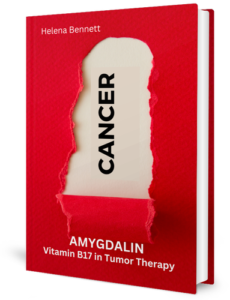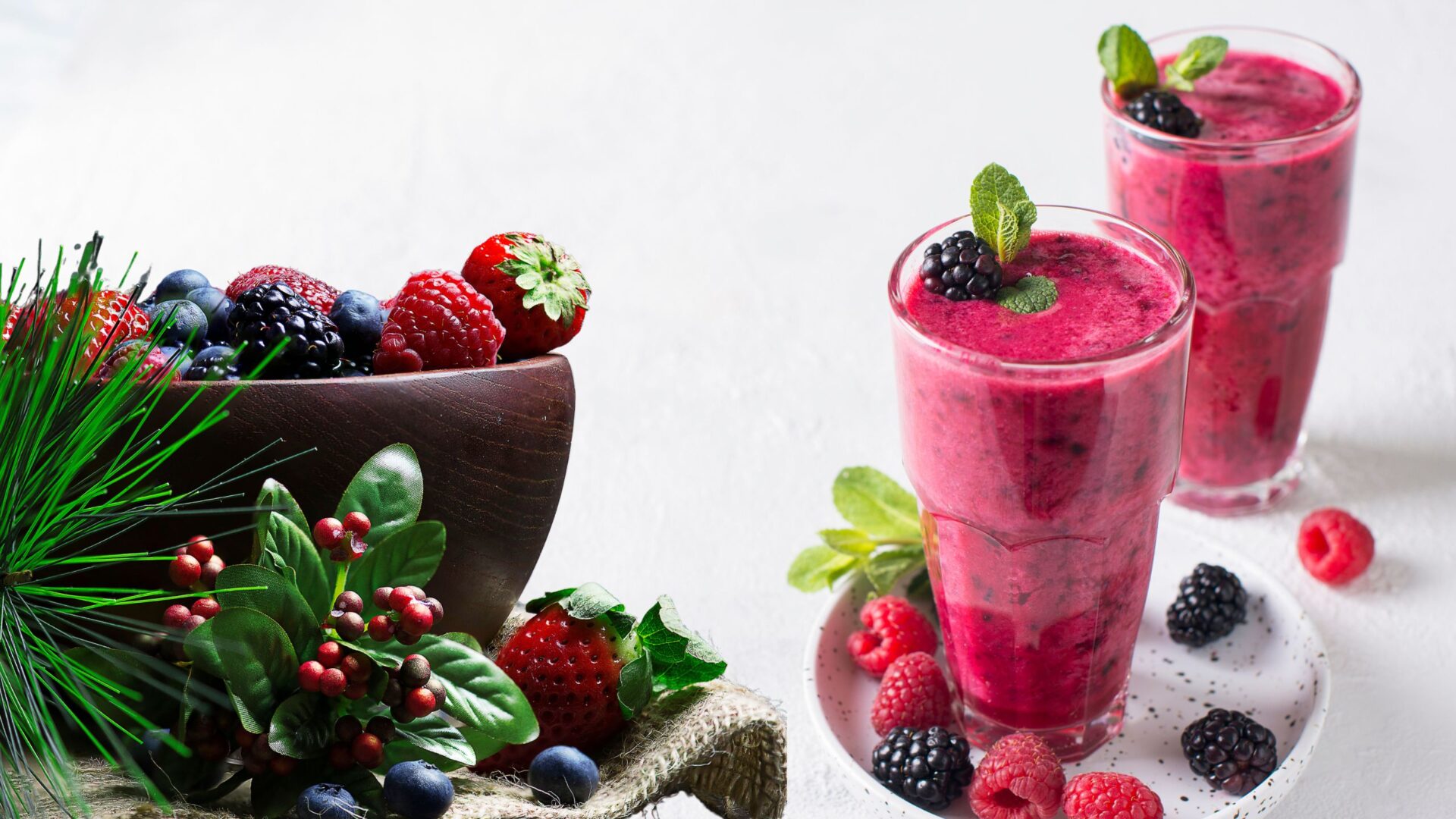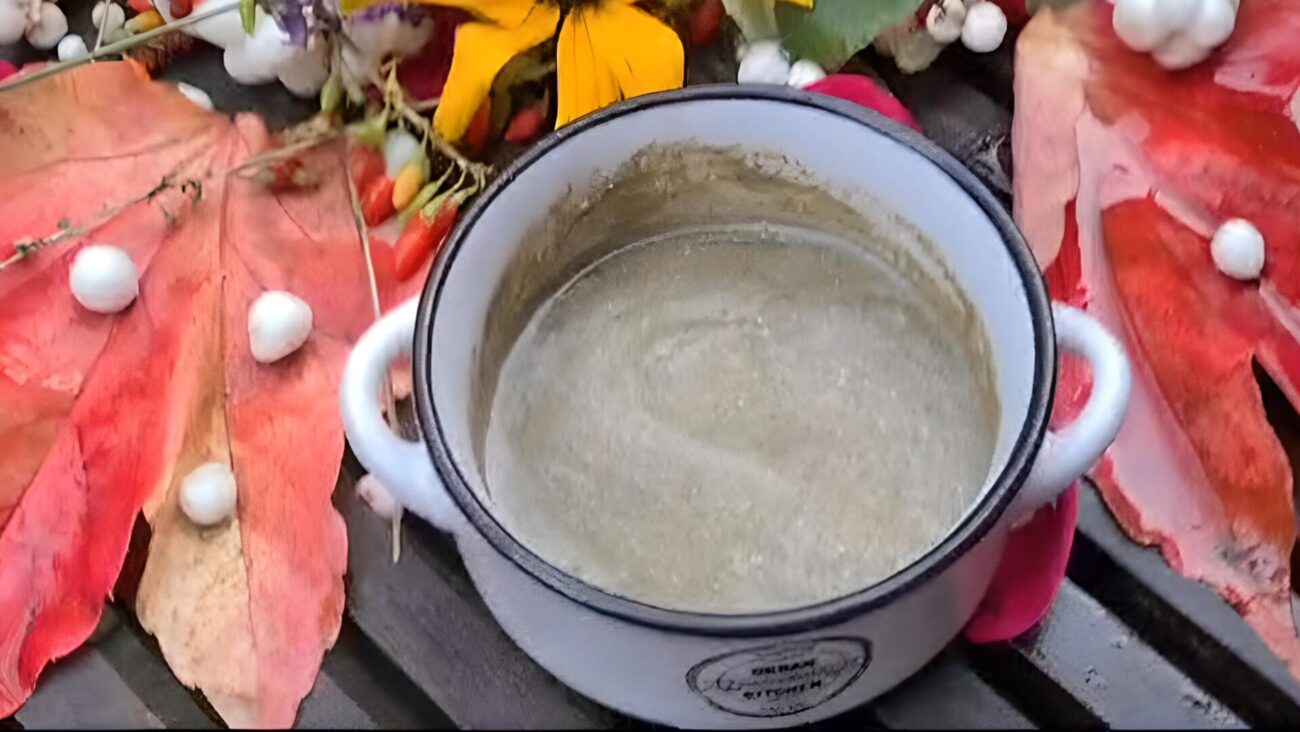 5 Foods to Reduce Cancer Risk – Ensuring you get the right vitamins and nutrients can significantly contribute to maintaining good health and minimizing cancer risk. While no single food can prevent cancer entirely, incorporating a balanced diet rich in vitamins, minerals, and antioxidants is key. Coupled with a healthy lifestyle, including regular physical activity and maintaining a healthy weight, these dietary choices can greatly reduce your risk of cancer and other chronic diseases.
5 Foods to Reduce Cancer Risk – Ensuring you get the right vitamins and nutrients can significantly contribute to maintaining good health and minimizing cancer risk. While no single food can prevent cancer entirely, incorporating a balanced diet rich in vitamins, minerals, and antioxidants is key. Coupled with a healthy lifestyle, including regular physical activity and maintaining a healthy weight, these dietary choices can greatly reduce your risk of cancer and other chronic diseases.
Numerous foods substantially benefit overall health and can help mitigate cancer risk. Here are five highly recommended additions to your diet:
Table of Contents
ToggleBerries – Reduce Cancer Risk:
Berries, including strawberries, blueberries, raspberries, and blackberries, boast an impressive nutritional profile. They are rich sources of essential vitamins, minerals, and antioxidants. Among these nutrients, vitamin C stands out for its powerful antioxidant properties, crucial in neutralizing harmful free radicals and preventing oxidative damage to cells.
Regularly consuming berries can protect the body against the development and progression of various cancers. Studies have shown that the antioxidants found in berries, such as flavonoids and polyphenols, exhibit potent anti-cancer effects by inhibiting the growth and proliferation of cancerous cells. Specifically, these compounds have reduced the risk of skin, bladder, lung, breast, and esophageal cancers.
Whether enjoyed fresh, frozen, or dried, incorporating berries into your daily diet can be a simple yet effective way to bolster your body’s defense mechanisms against cancer. Their versatility makes them an ideal addition to various dishes, from breakfast smoothies and salads to desserts and snacks. By making berries a regular part of your eating habits, you can harness their potent health-promoting properties and support your overall well-being.
Grapes – Reduce Cancer Risk:
Grapes, particularly red and purple varieties, are renowned for their high content of the powerful antioxidant resveratrol. This natural compound has garnered attention for its potential anti-cancer properties, as numerous studies have suggested its ability to inhibit the initiation and progression of cancer cells in various parts of the body, including the breast, liver, stomach, and lymphatic system.
Resveratrol acts as a potent scavenger of free radicals, neutralizing their harmful effects and protecting cells from oxidative damage, which is known to contribute to cancer development. Incorporating resveratrol-rich foods like grapes into your diet can provide your body with an extra layer of defense against cancerous growths and promote overall health and well-being.
When selecting grapes, opt for red or purple varieties over green grapes, as they contain significantly higher levels of resveratrol. Enjoying a handful of these delicious fruits as a snack or incorporating them into your meals can be a simple yet effective way to reap their potential health benefits and support your body’s natural defense against cancer and other diseases.
Broccoli – Reduce Cancer Risk:
Broccoli, a member of the cruciferous vegetable family, is renowned for its exceptional health benefits, particularly in reducing the risk of certain types of cancer. Packed with special plant compounds, such as sulforaphane and indole-3-carbinol, broccoli possesses potent anti-cancer properties linked to protection against stomach, mouth, pharynx, larynx, and esophagus cancers.
These unique plant compounds work synergistically to combat carcinogens and inhibit the growth of cancer cells, making broccoli a valuable addition to any diet focused on cancer prevention and overall health promotion. Moreover, broccoli’s versatility in the kitchen allows for endless culinary possibilities, making it easy to incorporate into various dishes.
Experimenting with different seasonings, sauces, and cooking methods can enhance the flavor of broccoli while maximizing its health benefits. Whether steamed, roasted, stir-fried, or added to soups and salads, incorporating broccoli into your meals is a delicious way to support your body’s natural defenses against cancer and promote overall well-being.
Tomatoes – Reduce Cancer Risk:
With their vibrant red hue, Tomatoes owe their color to lycopene, a powerful antioxidant known for its potential to combat prostate cancer. Lycopene neutralizes harmful free radicals in the body, thereby reducing the risk of cancer development.
Interestingly, processed tomato products such as sauces and ketchup are even more beneficial due to the processing method. During processing, the cell walls of the tomatoes are broken down, releasing lycopene and making it more readily absorbed by the body. This enhanced bioavailability further amplifies the cancer-fighting properties of lycopene, making processed tomato products an excellent addition to a cancer-preventive diet.
Incorporating tomatoes and processed tomato products into your meals is a delicious and smart way to support your overall health and reduce your risk of prostate cancer. Whether enjoyed fresh in salads, cooked into sauces or spread onto sandwiches, tomatoes offer a versatile and nutritious addition to any diet.
Whole Grains – Reduce Cancer Risk:
Opt for whole grains like brown rice, wild rice, whole wheat bread, and pasta, rich in fiber, vitamins, minerals, and plant compounds. Incorporating whole grains into your diet can help manage weight, stabilize cholesterol and blood sugar levels, and potentially reduce cancer risk.
By incorporating these nutrient-rich foods into your diet, you can take proactive steps toward promoting overall health and reducing your cancer risk. Experiment with different recipes and meal combinations to enjoy these foods in delicious and creative ways. Your body will thank you for it!
#CancerPrevention #HealthyEating #NutritionTips #Antioxidants #DietaryChoices



